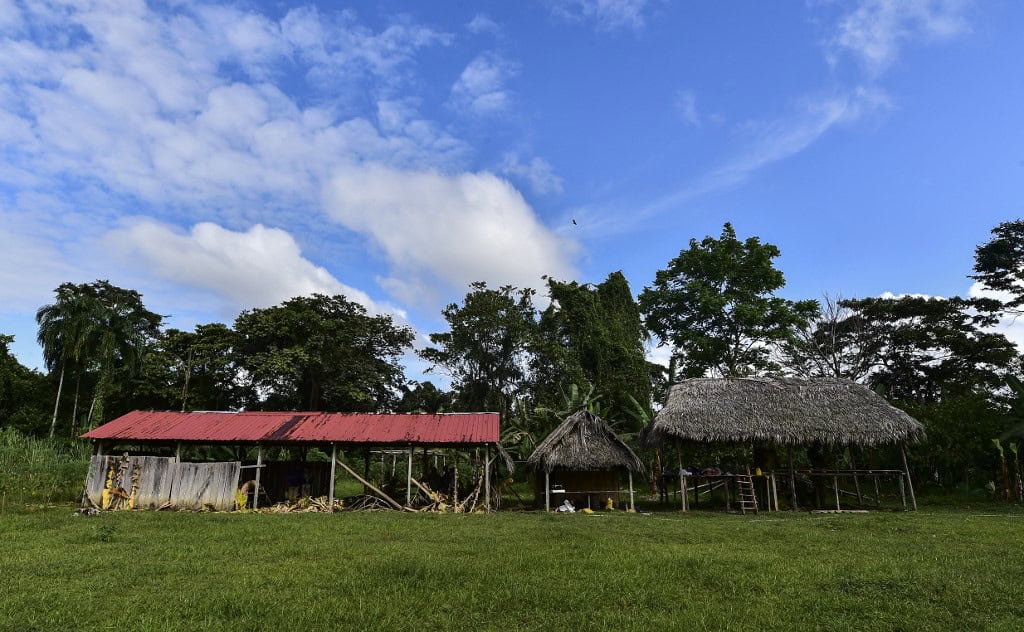Panamanian authorities rescued 11 children from a remote indigenous community in the Ngäbe Buglé region on Tuesday, uncovering what appears to be a disturbing case of abuse linked to a religious sect. The operation, conducted by the National Aeronaval Service (Senan) in Quebrada Satra, a mountainous area over 300 kilometers southwest of the capital, resulted in the detention of five individuals suspected of ties to the group.
According to prosecutor Tagnia Sterling, the children, all minors, were found with visible signs of physical abuse, including wounds on their arms and bruises on their arms and legs. “This is a clear situation of child maltreatment,” Sterling stated during a press briefing. She also hinted at a possible case of sexual abuse, noting that investigations into the children’s “sexual integrity” are underway. The police operation remains active as authorities work to determine the full scope of the incident.
The rescue took place in the rugged Ngäbe Buglé Comarca, a region known for its challenging terrain and limited access to government services. Senan officials described the mission as complex, requiring coordination across difficult landscapes to reach the isolated Quebrada Satra community. The detained suspects, whose identities have not been released, are believed to be part of an unnamed religious sect, though no direct connection has yet been established to previously known groups in the area.
This incident echoes a troubling history of sectarian violence in the Ngäbe Buglé region. In January 2020, the community of El Terrón was shaken by a massacre carried out by members of “La Nueva Luz de Dios” (The New Light of God). During a ritual purportedly aimed at exorcising evil spirits, sect members killed six children and a pregnant woman using machetes and blunt weapons. Nine individuals were later convicted, receiving sentences totaling over 400 years, though Panama’s legal system limits actual imprisonment to 50 years per person.
The 2020 massacre prompted national outrage and calls for stronger oversight of religious groups operating in indigenous areas. However, the recurrence of such incidents suggests that challenges persist. Local advocates point to poverty, isolation, and a lack of government presence as factors enabling fringe sects to exert influence over vulnerable communities.
Authorities have not disclosed the specific beliefs or practices of the sect involved in the Quebrada Satra case, but the discovery has reignited debates about how to protect indigenous populations from exploitation. “We cannot allow these tragedies to keep happening,” said a spokesperson for a Panama-based human rights organization. “The government must act decisively to monitor these groups and support these communities.”
The rescued children are now under the care of social services, receiving medical evaluations and psychological support. Meanwhile, the investigation continues, with officials promising to release more details as they emerge. For the Ngäbe Buglé region, this latest episode serves as a grim reminder of the intersection between faith, isolation, and violence—and the urgent need for solutions.






